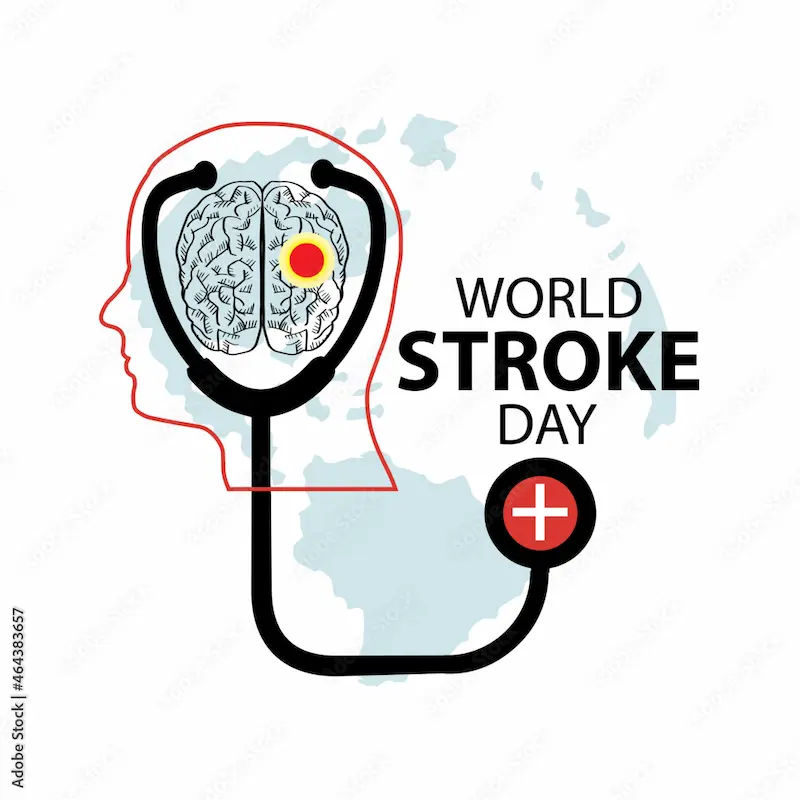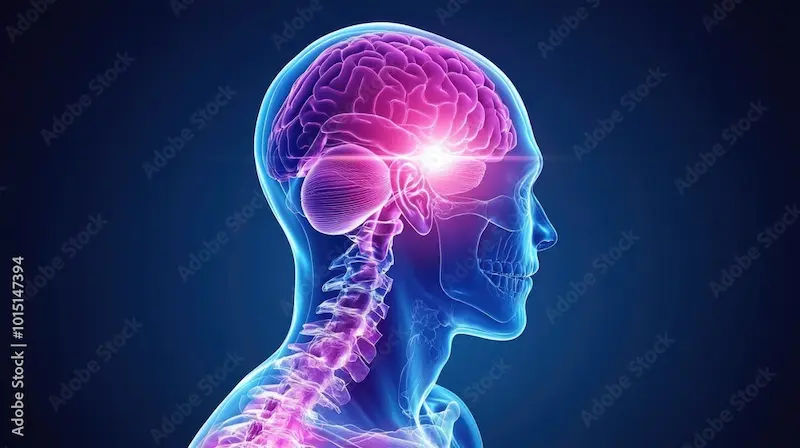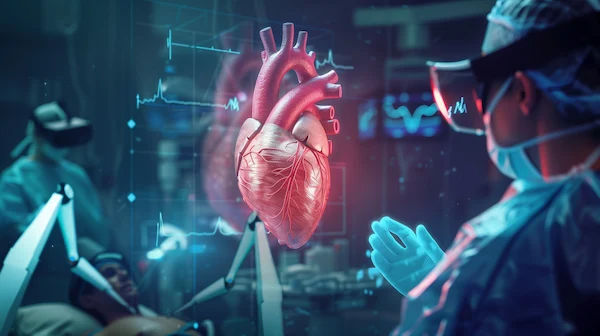- male
- 32 Years
- 29/01/2025
I'm 32 and recently had a couple of ECG tests that showed an abnormal ECG reading. The first one mentioned sinus bradycardia and a borderline first-degree AV block IV conduction defect. Then, the next day, my ECG showed abnormal results again, this time with right axis deviation. I'm really concerned about whether this is a normal variation or if the machine could have made an error? Is this something dangerous that I should be worried about? What should I do next? Would love your guidance!
Answered by 1 Apollo Doctors
Sinus bradycardia with borderline first degree A-V block and right axis deviation on ECG can indicate certain heart conditions. It is unlikely to be a machine error, but it is important to follow up with a healthcare provider for further evaluation and management. In this case, you may need to consult a cardiologist for a detailed assessment and appropriate treatment. The doctor may prescribe medications such as Metoprolol to help regulate your heart rate and rhythm. It is important to follow up with your healthcare provider for proper management and monitoring of your heart health.
Dr. Kareemulla Suggests...
Consult a Cardiologist
Answered 04/07/2025
0
0

More Cardiology Health Queries
View allI'm really confused about my recent echo results. Two months ago, it showed mild tricuspid valve regurgitation, and after making some lifestyle changes and a follow-up echo, it's now showing trivial regurgitation and valve thickening. I'm not sure what these changes mean or what I should do next. Can you help me understand what's going on and what steps I should take to address this? I've included my report if that helps.
Based on the information provided, it seems like there has been an improvement in the tricuspid valve regurgitation from mild to trivial, which is a good sign. To address the trivial regurgitation and valve thickening, I recommend continuing with your healthy lifestyle changes and following up with your healthcare provider for further evaluation and management. In terms of medication, you can consider taking a diuretic like Lasix (furosemide) to help reduce any fluid buildup and ease the workload on the heart. Additionally, an ACE inhibitor like Lisinopril can help reduce blood pressure and lessen the strain on the heart. It's important to have regular follow-up appointments with your doctor to monitor any changes in your condition and adjust your treatment plan accordingly. If you have any symptoms such as shortness of breath, chest pain, or swelling, please seek medical attention promptly. Remember, lifestyle modifications, medication adherence, and regular medical follow-ups are key in managing heart conditions.
Answered by 1 Apollo Doctors
I'm noticing some weird fluctuations in my heart rate. Out of nowhere, it sometimes shoots up to 90-110. Heres what Ive tracked: when Im sleeping, it varies between 65-80, and when Im resting, it's around 70-90. But it gets to 90-110 when Im stressed. Climbing up to my apartment on the 3rd floor gets it to 110-120, a 5-minute walk pushes it to 100, and a 30-minute walk averages at 140 according to my smartwatch. After an hour walk, my watch shows an average of 165. And when I skip for just 5 minutes, my heart rate jumps to 140. Is this normal, or should I be worried? Ive stopped exercising because it seems like my heart rate goes up too much. I'm 32, by the way.
Based on the information you provided, your heart rate seems to be fluctuating quite a bit. It is normal for your heart rate to increase during physical activity, stress, or even when climbing stairs. However, consistently high heart rates during rest or sleep could indicate an underlying issue. I recommend consulting with a healthcare professional for a thorough evaluation. In the meantime, you can try to incorporate moderate-intensity exercises like brisk walking or swimming into your routine and monitor your heart rate closely. If you experience any chest pain, dizziness, or shortness of breath, please seek immediate medical attention
Answered by 1 Apollo Doctors
I'm noticing my heartbeat feels really strong and visible in my stomach and chest all the time. Sometimes when I'm just sitting, it actually makes my body move with each beat. Is that something normal? My heart rate usually sits between 70 to 80 beats per minute, and my blood pressure is around 12090. Does that sound okay?
Having a visible heartbeat in your stomach and chest, along with feeling strong pulsations, can be concerning. This may be due to a condition called aortic aneurysm or other cardiovascular issues. Your blood pressure of 12090 is slightly elevated and should be monitored. It's important to consult a cardiologist for further evaluation and management.
Answered by 1 Apollo Doctors
Disclaimer: Answers on Apollo 247 are not intended to replace your doctor advice. Always seek help of a professional doctor in case of an medical emergency or ailment.





